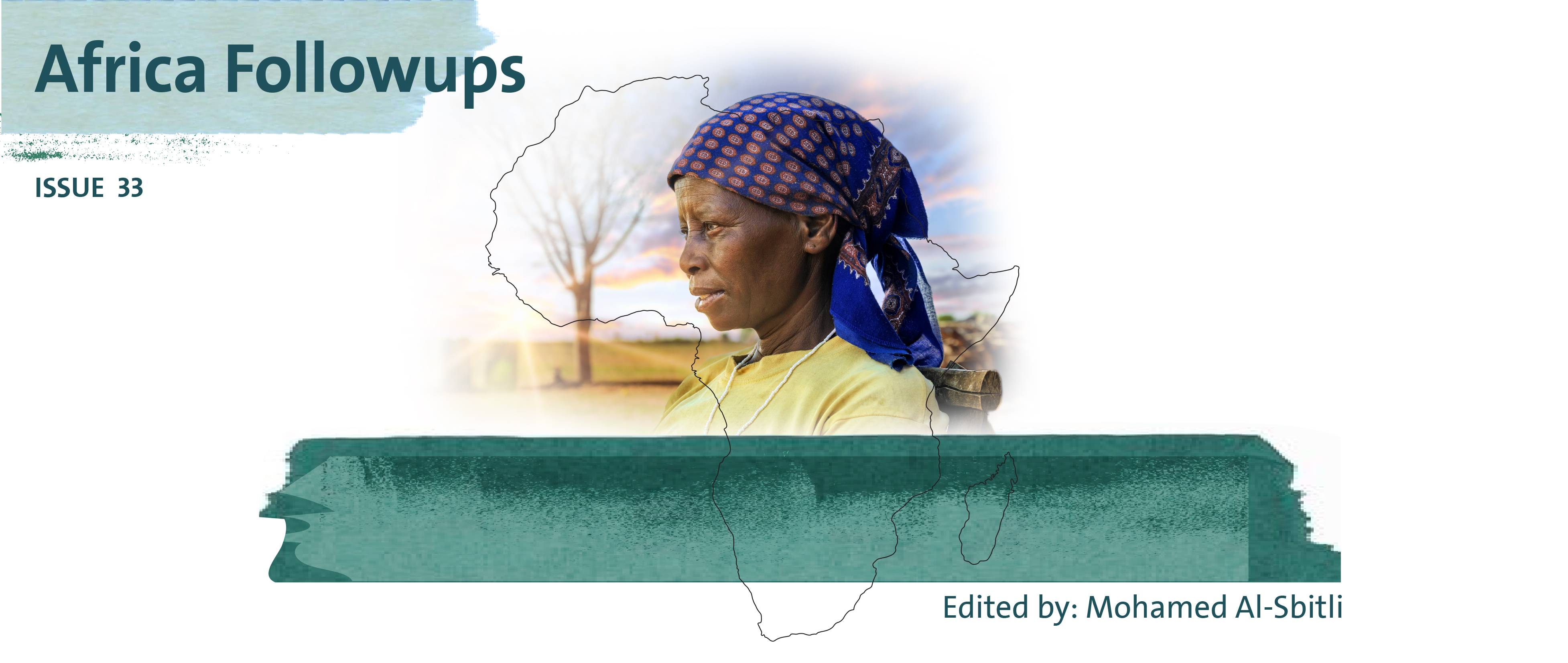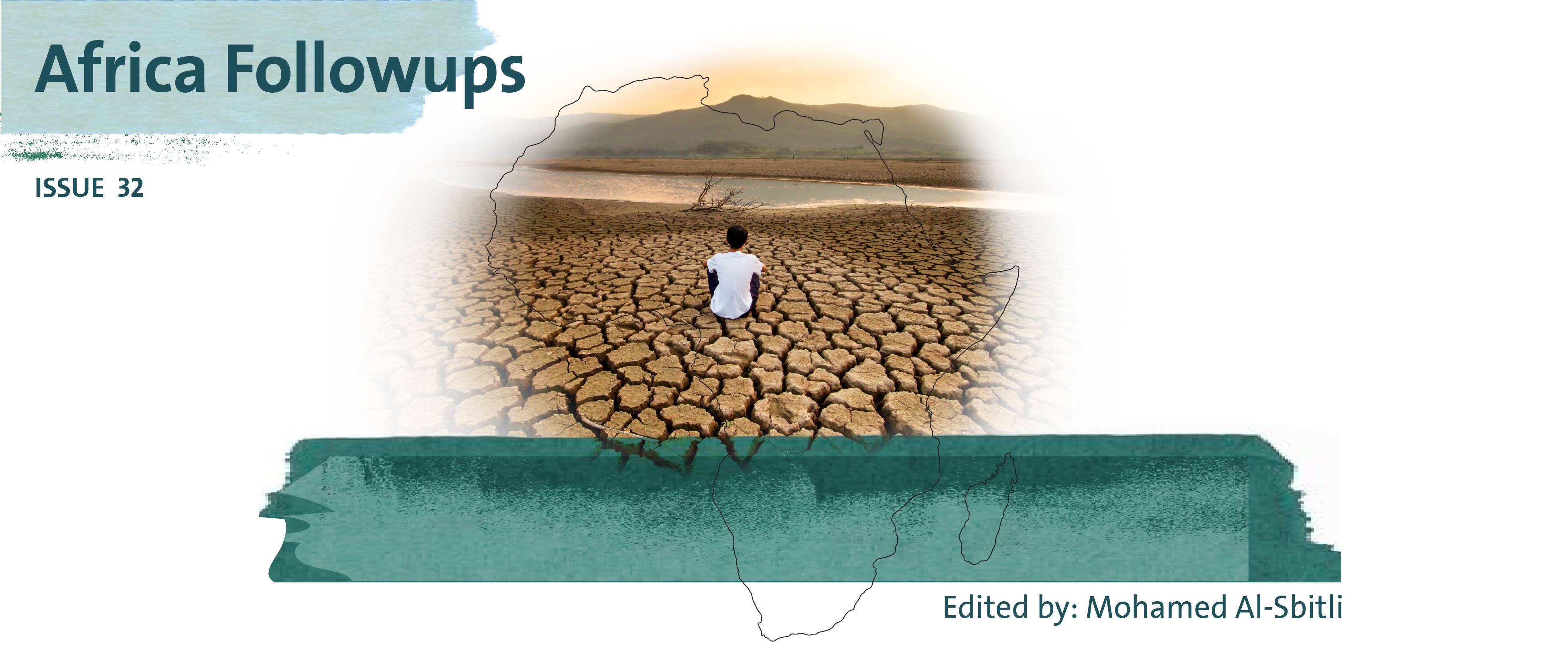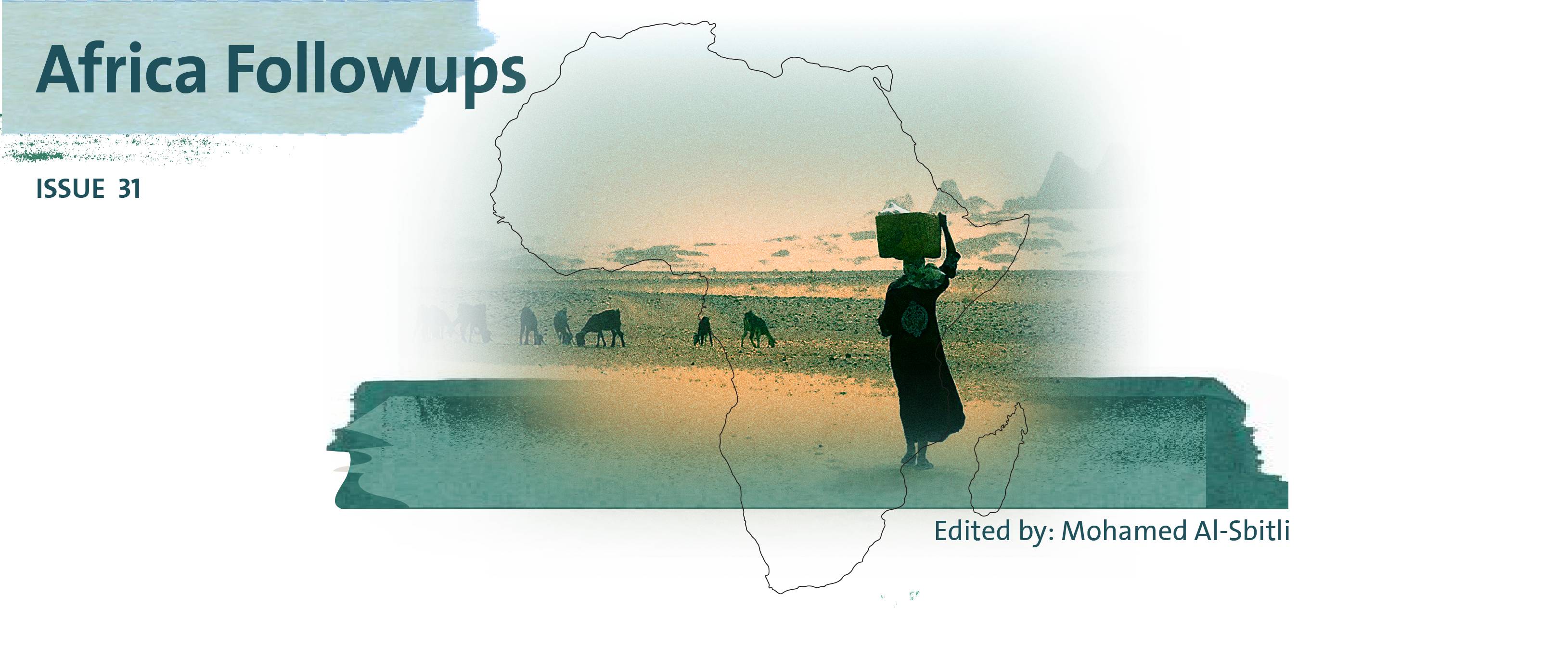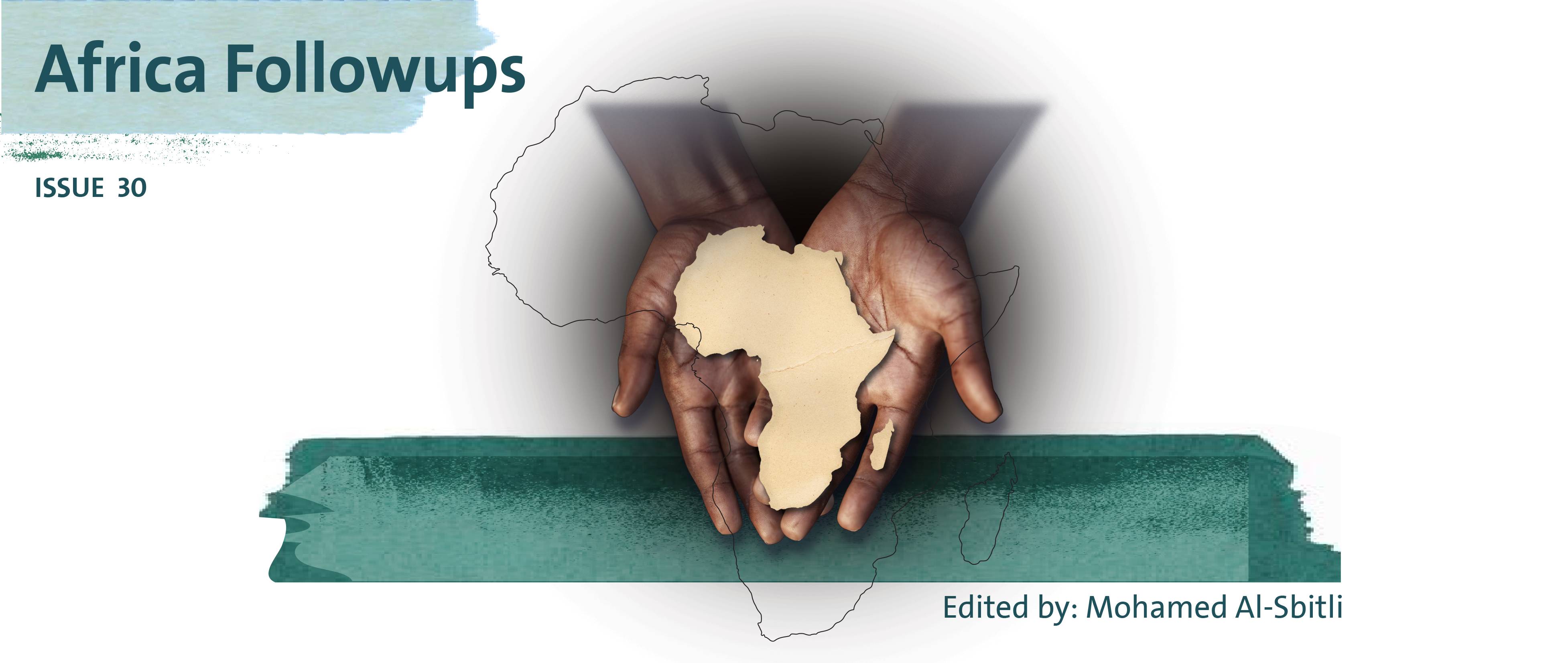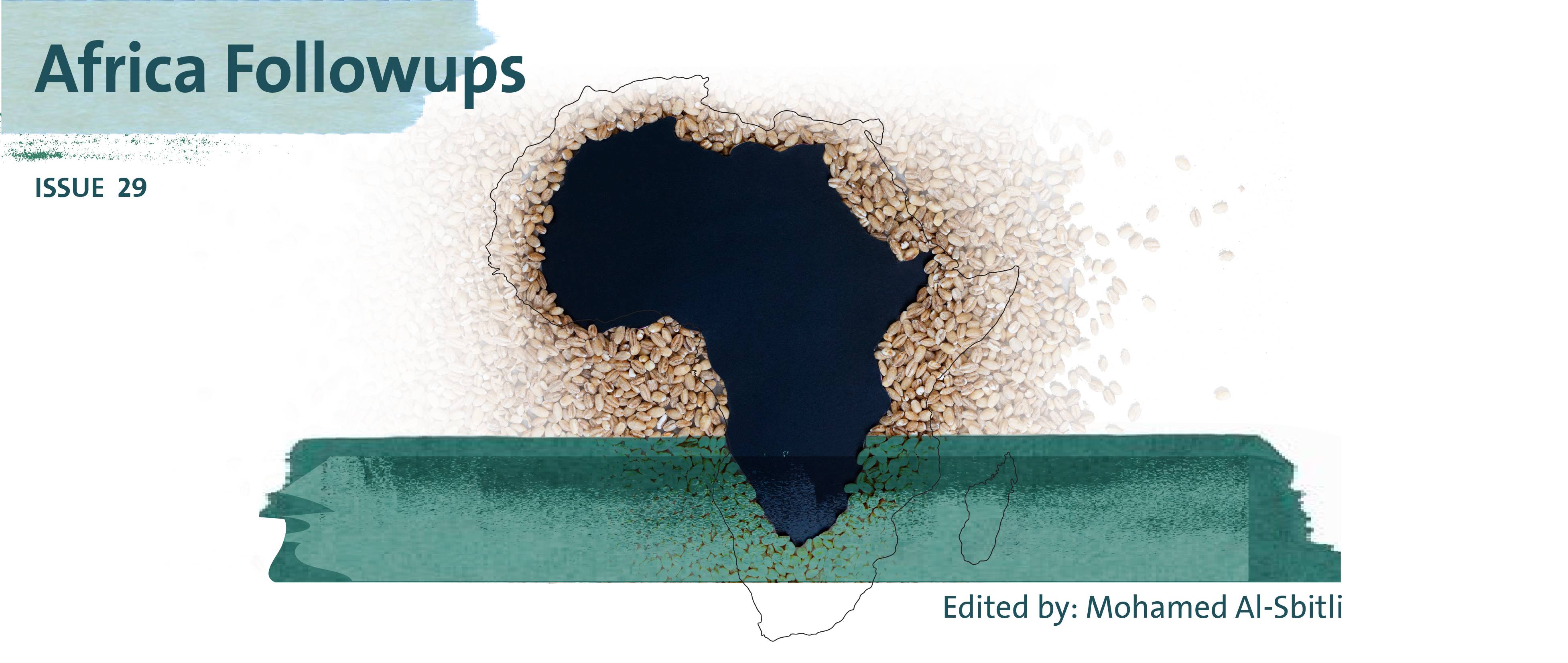Research Papers
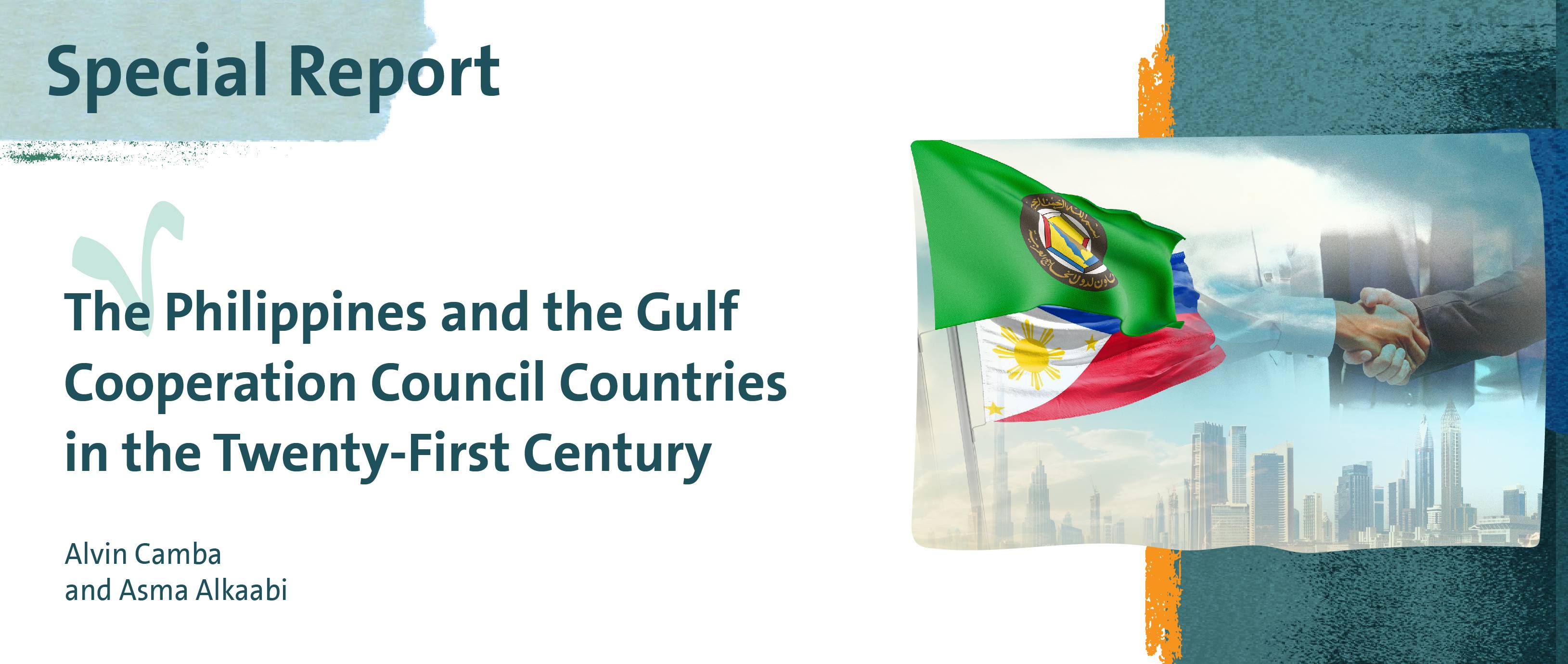
Number:
Author: Alvin Camba and Asma Alkaabi
Our report analyzes the Philippines’ relations with the GCC countries in three key dimensions. First, we look at economic relations, including foreign direct investment (FDI), trade, and development finance. Second, we analyze the political importance of the Philippines to specific GCC states and how GCC countries have responded to international issues prioritized by the Philippines. And finally, we examine the political economy of Philippine labor exports, an economic strategy that inexorably binds the Philippines and the GCC. While the policy paper is organized according to these three themes, we also, where relevant, discuss them in relation to the most recent Philippin
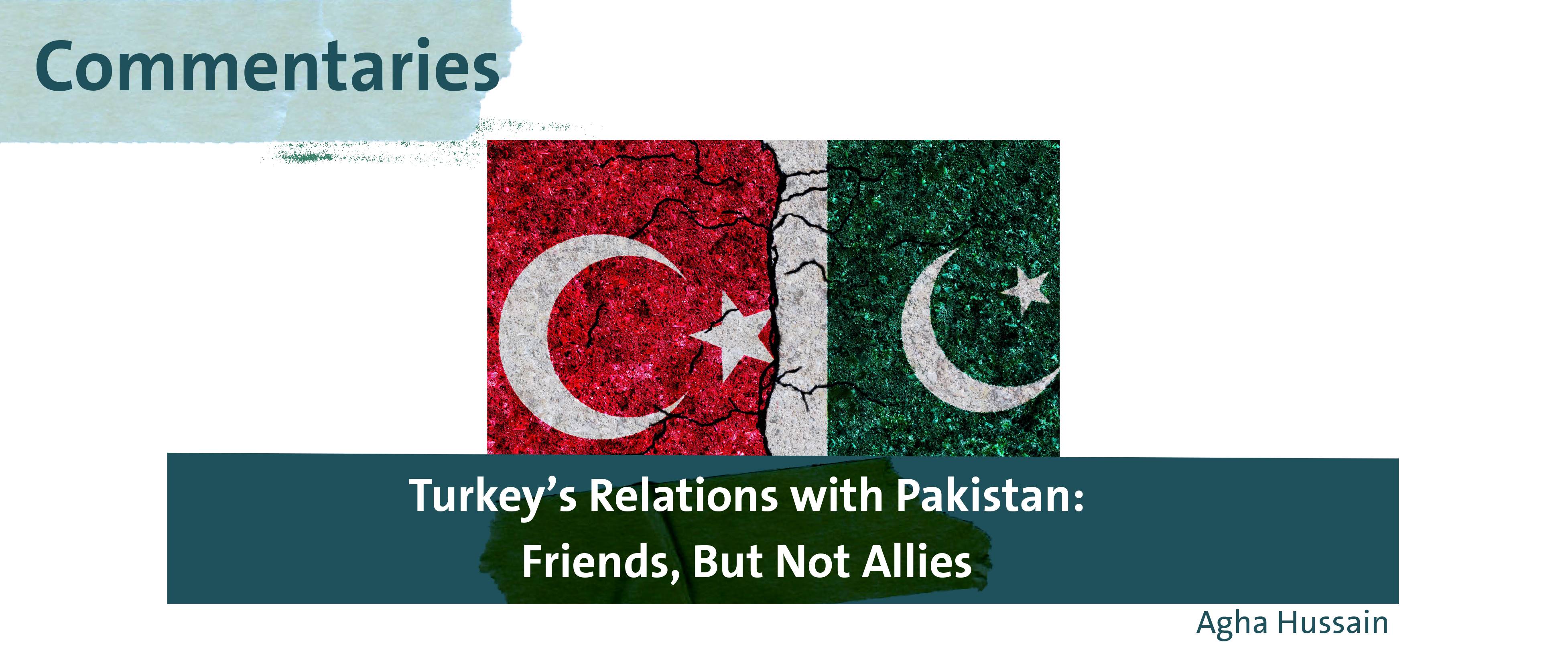
Number:
Author: Agha Hussain
The “brotherly” tone that Turkey and Pakistan use when speaking to and about each other might give the impression that these two large Muslim-majority states are fast allies. Relations have been growing closer ever since Turkish President Recep Tayyip Erdoğan launched a policy of explicit support for Pakistan in its dispute with India over Kashmir. But Turkey’s repeated attempts since then to add a geostrategic component to bilateral ties with Pakistan have failed. Against this backdrop, this commentary will analyze Turkey’s diplomatic attempts to draw Pakistan into a more permanent geostrategic partnership. In so doing, it lays bare the obstacles in fr
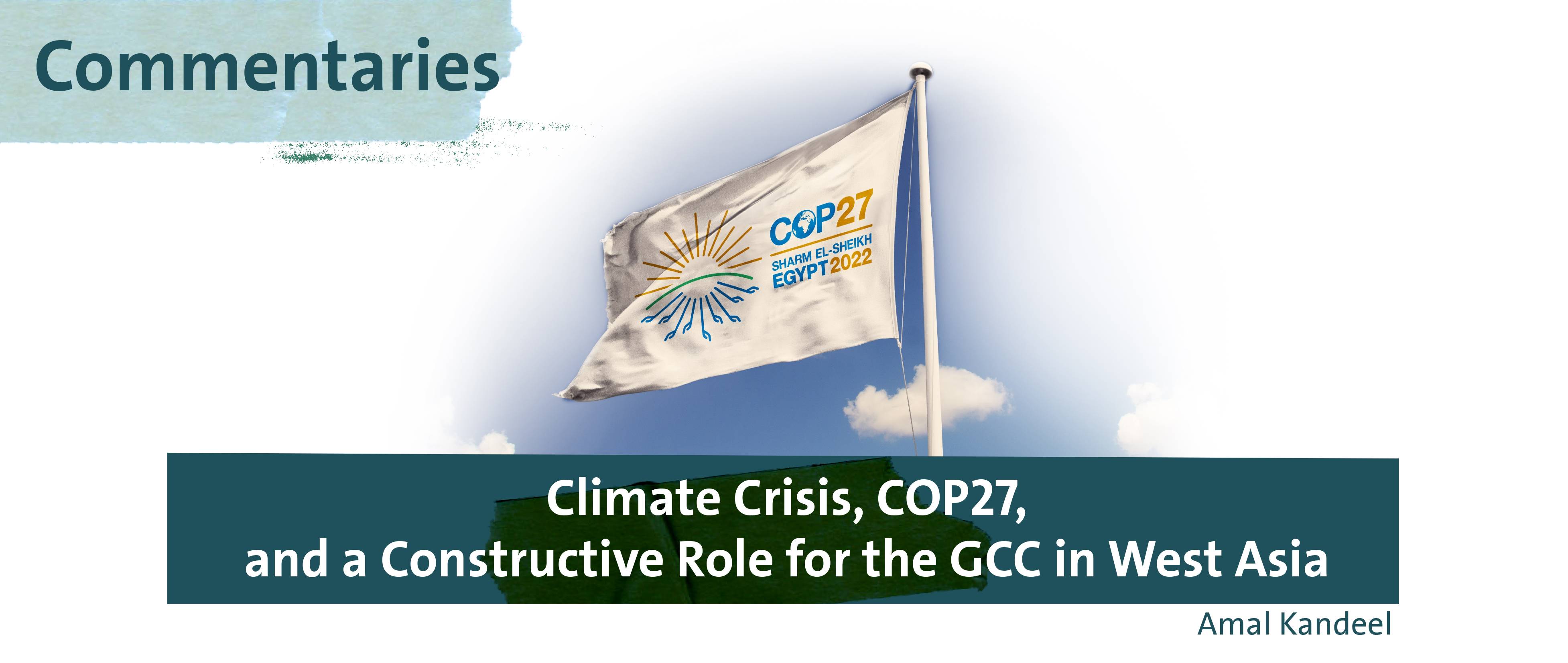
Number:
Author: Amal Kandeel
The commentary draws attention to risks posed to urgently needed international climate action as the world is grappling with the ramifications of the war in Ukraine. While the 27th round of the Conference of the Parties to the United Nations Framework Convention on Climate Change is around the corner, MENA, deeply exposed to climate change impacts, is also one of the most vulnerable regions to global food supply disruptions and price spikes. The commentary calls upon MENA policymakers to heed the IPCC’s recent warnings at this critical moment and upon GCC leadership to assume the indispensable role they have in addressing regional climate vulnerabilities.
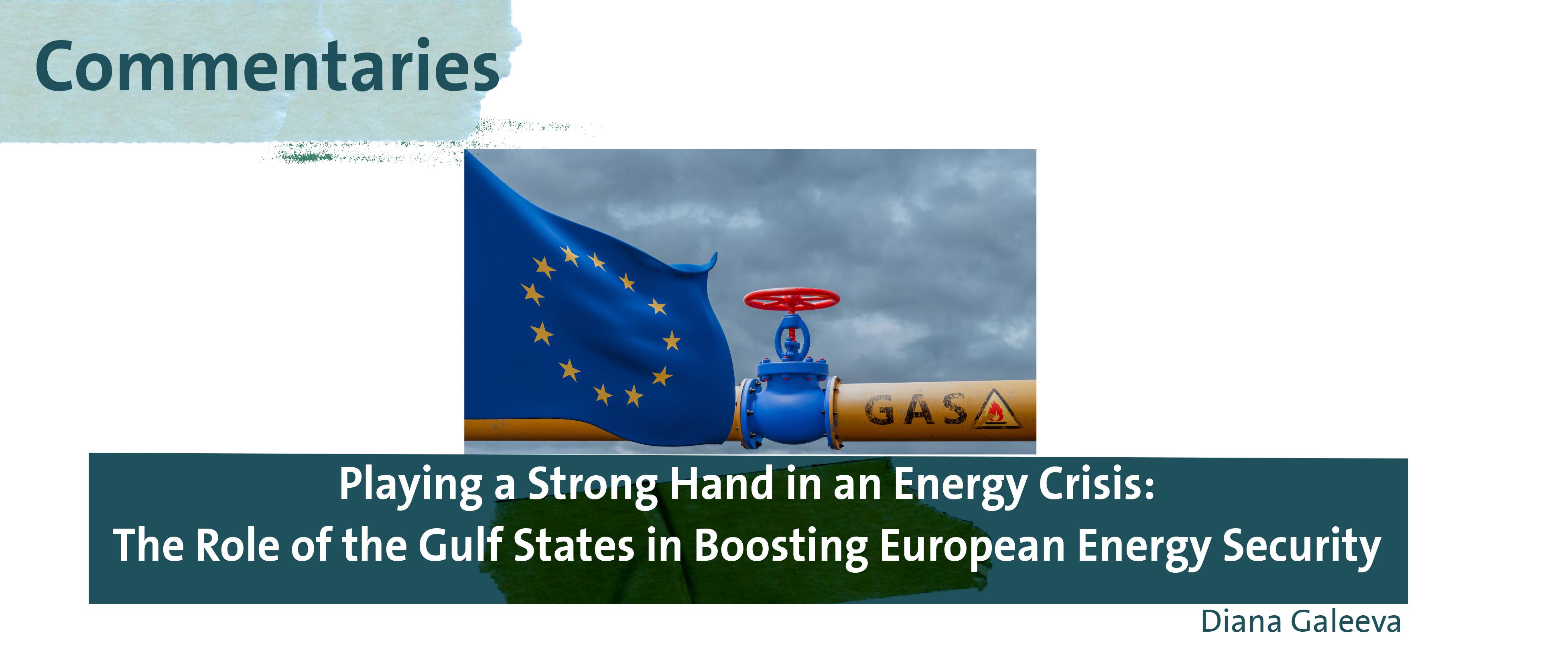
Number:
Author: Diana Galeeva
In May 2022, the European Union (EU) and the Gulf Cooperation Council (GCC) unveiled a strategic partnership as part of the EU’s Global Gateway strategy. While the EU and the GCC have long-standing ties, the new strategic partnership reflects a desire to address emerging challenges, especially the European energy crisis triggered by Russia-Ukraine conflict. The energy crisis has deepened in recent months, as Russia cut flows in June through the Nord Stream 1 pipeline to 40 percent of capacity and shut the pipeline altogether for ten days of annual maintenance in July. The energy crisis has thrown into stark relief the threat posed to Europe by its dependence on Russian ene
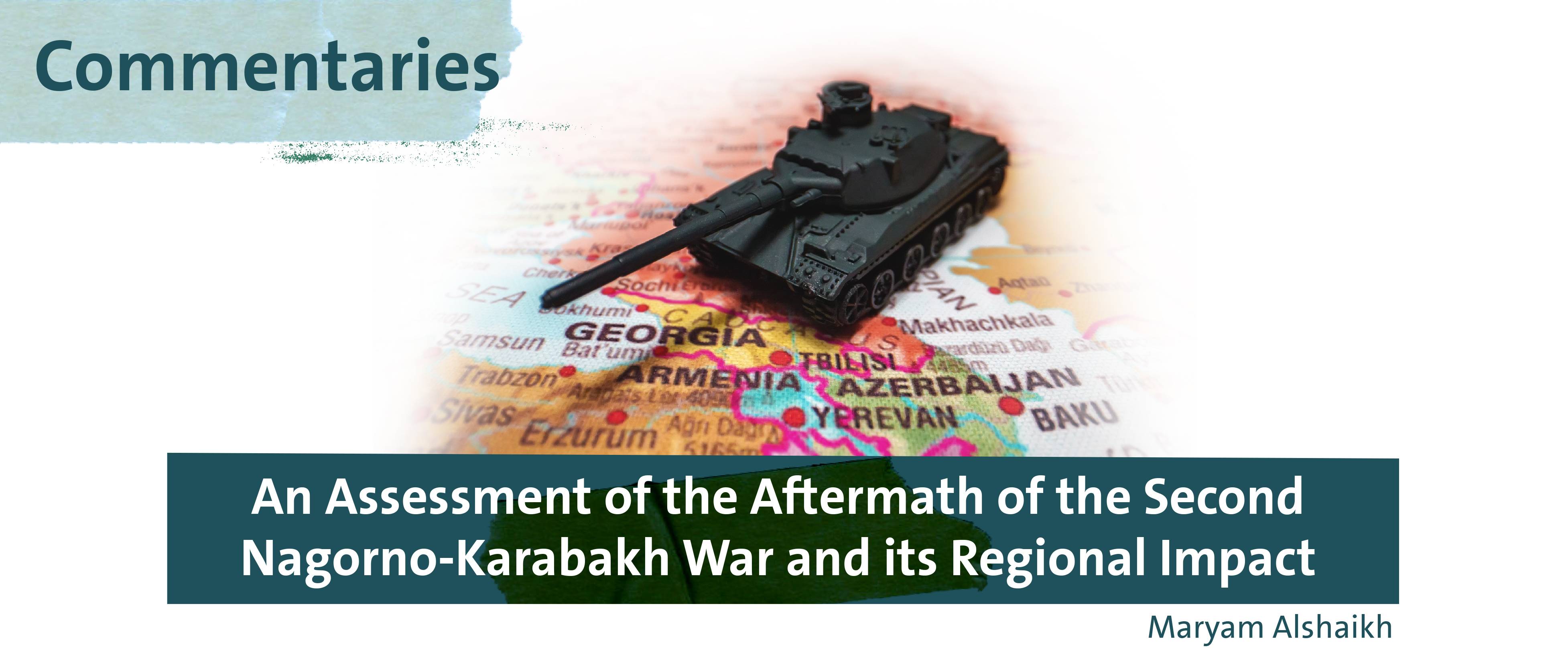
Number:
Author: Maryam Alshaikh
The commentary examines the ramifications of the Azerbaijani-Armenian war in 2020, as well as its impact on the wider regional balance of power. It also considers the ways in which the ongoing Russo-Ukrainian war is affecting the post-war settlement in Nagorno-Karabakh.

